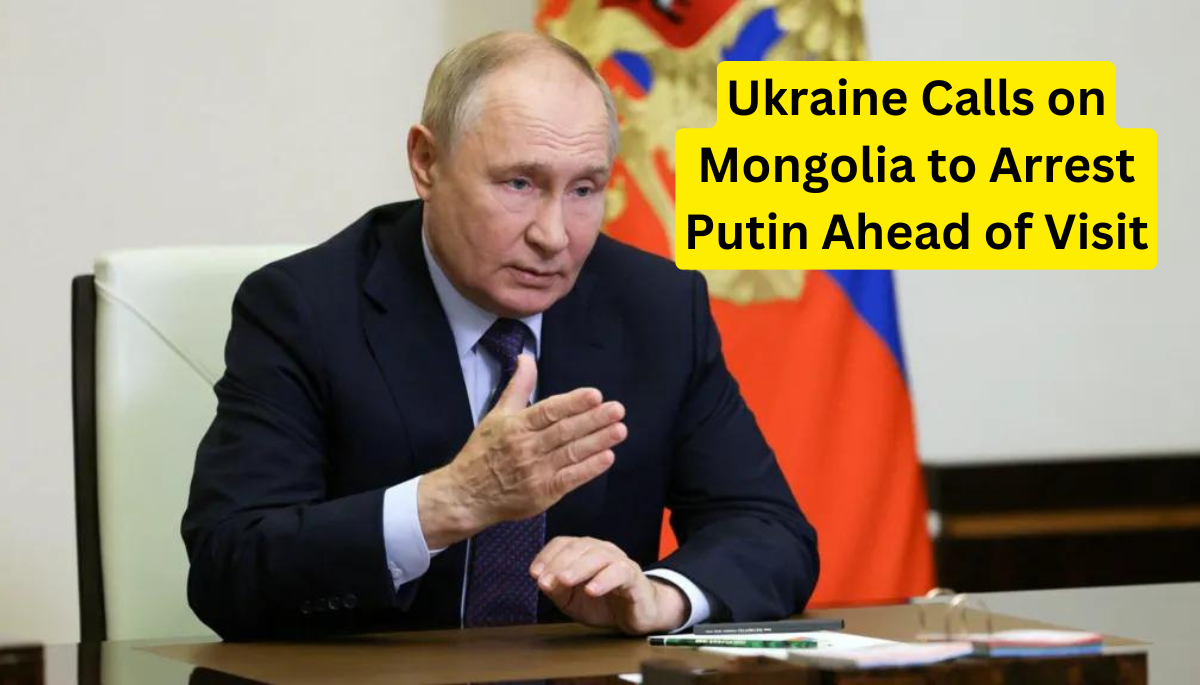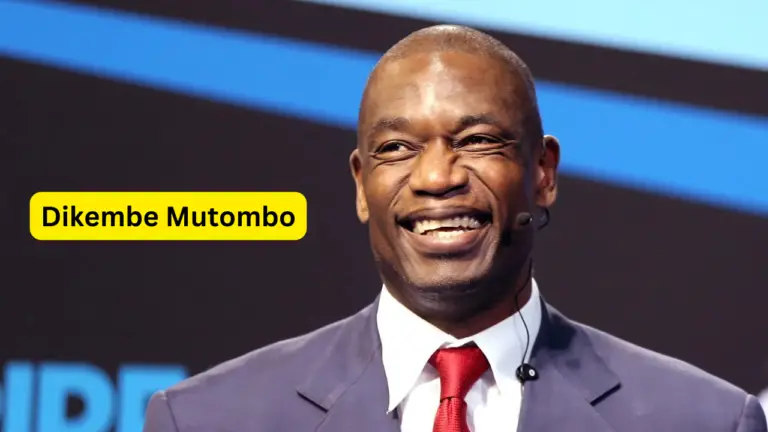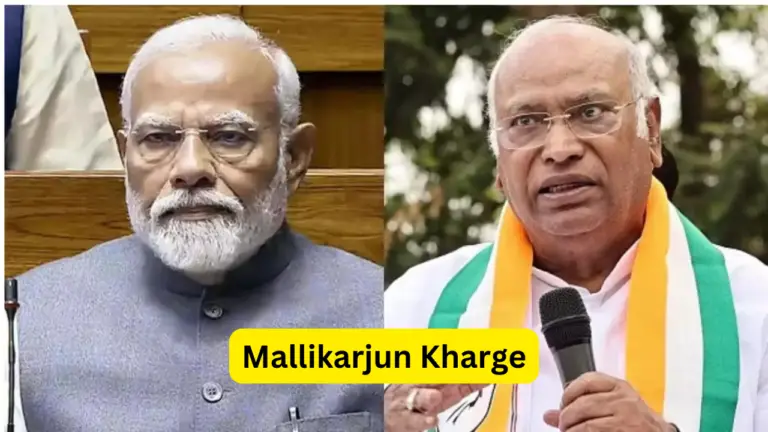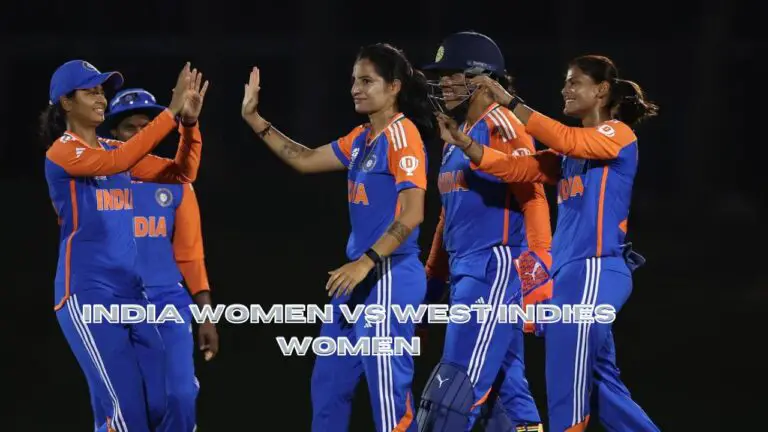
Ukraine Calls on Mongolia to Arrest Putin Ahead of Visit
In a bold diplomatic move, Ukraine has called on Mongolia to arrest Russian President Vladimir Putin during his upcoming visit. This request comes amidst ongoing tensions and international efforts to hold Putin accountable for Russia’s actions in Ukraine. The call underscores the deepening geopolitical rifts and the growing pressure on countries around the world to take a stance on the conflict.Ukraine Calls on Mongolia to Arrest Putin Ahead of Visit
Background The International Criminal Court’s Warrant
The basis for Ukraine’s request lies in an arrest warrant issued by the International Criminal Court (ICC) earlier this year. The warrant charges Putin with war crimes, particularly relating to the illegal deportation of Ukrainian children to Russia. The ICC’s move has been met with mixed reactions globally, with some nations supporting the warrant while others have chosen to ignore it.
Mongolia, while not a member of the ICC, is now at the center of a significant diplomatic dilemma. As Putin plans to visit the country, Ukraine’s call puts Mongolia in a difficult position, balancing its relations with Russia against the growing international condemnation of Putin’s actions.
Ukraine’s Position Seeking Justice
For Ukraine, this appeal to Mongolia is part of a broader strategy to isolate Russia diplomatically and to seek justice for the ongoing war. The Ukrainian government has been vocal in its pursuit of accountability, urging countries around the world to enforce the ICC’s warrant. By calling on Mongolia to arrest Putin, Ukraine is not only aiming to bring Putin to justice but also to highlight the global responsibility to uphold international law.
Ukrainian President Volodymyr Zelensky and his administration have consistently emphasized the importance of international cooperation in holding Russia accountable. This latest request is in line with Ukraine’s broader efforts to garner global support and to push back against Russian aggression.
Mongolia’s Dilemma Diplomatic Tensions
Mongolia now finds itself in a precarious situation. Historically, Mongolia has maintained a neutral stance in international conflicts, often avoiding direct involvement in geopolitical disputes. However, the request from Ukraine places Mongolia in a challenging position, where it must weigh its diplomatic relations with Russia against its commitment to international norms and human rights.
Mongolia’s decision on whether to act on Ukraine’s request could have significant repercussions. Arresting Putin would undoubtedly strain relations with Russia, a neighboring country with which Mongolia shares economic and cultural ties. On the other hand, refusing to act could be seen as a failure to support international justice and could draw criticism from the global community.
The ICC Warrant Global Debate
The ICC’s warrant for Putin has sparked a global debate about the role of international law and the enforcement of justice. Some countries have rallied behind the ICC, supporting the warrant as a necessary step to hold Putin accountable. Others, however, have been hesitant, citing concerns about the political implications of arresting a sitting head of state.
Mongolia’s potential involvement in enforcing the warrant would mark a significant moment in this debate. It would set a precedent for how countries, even those outside of the ICC’s jurisdiction, can be involved in upholding international law. The decision Mongolia makes could influence how other nations approach the issue and whether the ICC’s actions will have a tangible impact.
Putin’s Visit What’s at Stake?
Putin’s planned visit to Mongolia is part of Russia’s broader efforts to maintain and strengthen its ties with Asian countries amid increasing isolation from the West. The visit is expected to focus on economic and political cooperation, with both nations looking to deepen their bilateral relations.
However, the Ukrainian request could overshadow these discussions. The international community will be watching closely to see how Mongolia responds, and whether Putin’s visit will proceed as planned. If Mongolia were to act on Ukraine’s call, it would undoubtedly provoke a strong reaction from Russia, potentially leading to diplomatic fallout.
International Reactions Divided Opinions
The international reaction to Ukraine’s request has been mixed. Western nations, particularly those aligned with Ukraine, have expressed support for holding Putin accountable, though they have stopped short of pressuring Mongolia directly. Countries like the United States and members of the European Union have reiterated their backing of the ICC and its actions against Russian officials.
Conversely, countries with closer ties to Russia have remained silent or have expressed skepticism about the ICC’s jurisdiction over the matter. For these nations, the issue of arresting Putin is seen as a complex and sensitive one, with potential repercussions for their own diplomatic and economic relations with Russia.
The Broader Implications Global Justice vs. Realpolitik
The situation between Ukraine, Mongolia, and Russia highlights the ongoing tension between the pursuit of global justice and the realities of international relations. While the ICC’s warrant represents a commitment to accountability, the willingness of nations to enforce such measures is often tempered by geopolitical considerations.
Mongolia’s decision will be closely watched as a test case for how international justice can be implemented in a world where political and economic ties often take precedence. If Mongolia chooses to act on Ukraine’s request, it could embolden other nations to take similar steps. However, if Mongolia declines, it could signal the limits of the ICC’s influence and the challenges of enforcing international law against powerful states.
Potential Outcomes What Lies Ahead
Several scenarios could unfold as a result of Ukraine’s call to Mongolia. If Mongolia decides to arrest Putin, it would likely lead to an immediate diplomatic crisis with Russia, potentially affecting trade and other bilateral agreements. Such a move could also prompt a broader international response, with other nations potentially taking similar actions.
Alternatively, if Mongolia chooses not to act, it may seek to justify its decision by emphasizing its non-ICC status or its desire to maintain neutrality. This could placate Russia but might draw criticism from human rights organizations and other international actors.
A third possibility is that Mongolia finds a middle ground, perhaps by delaying Putin’s visit or seeking to engage in diplomatic dialogue with both Ukraine and Russia. This approach could help Mongolia navigate the situation without fully committing to either side, though it would not resolve the underlying tensions.
Conclusion
Ukraine’s request for Mongolia to arrest Vladimir Putin is more than just a diplomatic maneuver; it is a test of the international community’s resolve to uphold justice in the face of aggression. Mongolia’s response will not only affect its own relations with Russia and Ukraine but will also have broader implications for the enforcement of international law.
As the situation develops, the world will be watching closely to see whether Mongolia chooses to stand by the principles of international justice or whether it prioritizes its geopolitical interests. In either case, this moment will be remembered as a significant chapter in the ongoing conflict between Ukraine and Russia, and in the global struggle for accountability.



